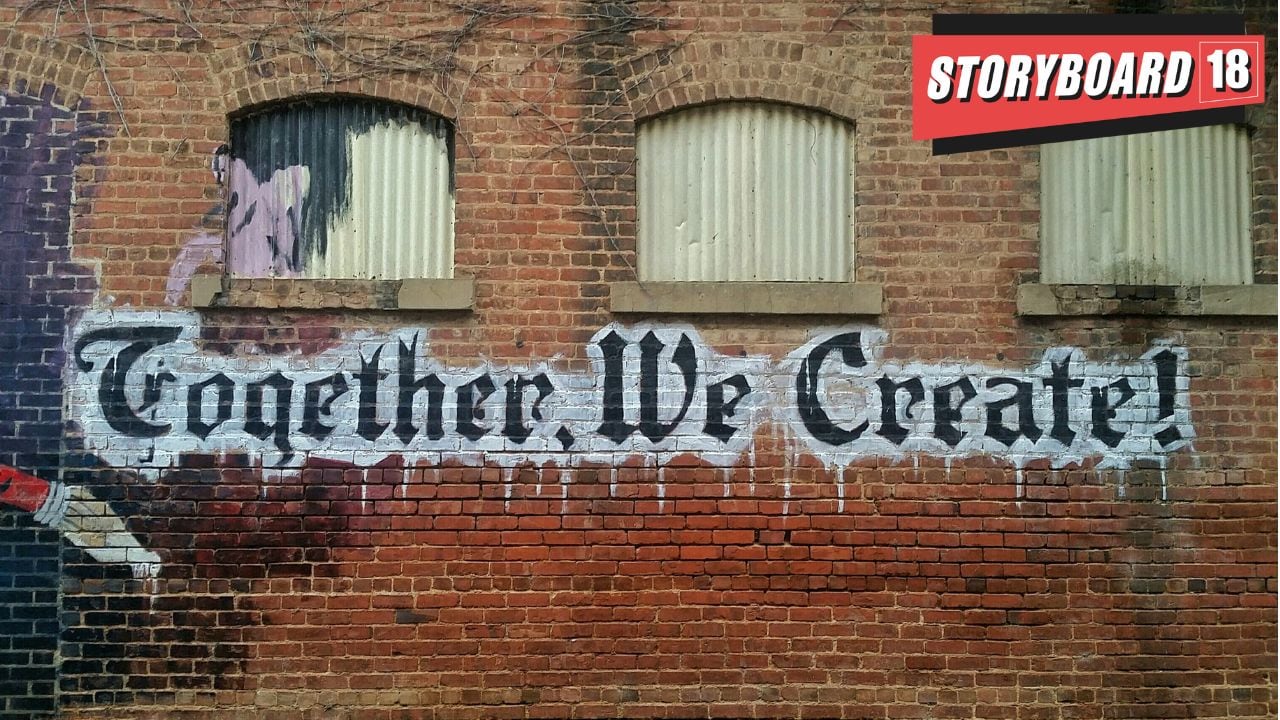Every morning Kainaz Karmakar, Harshad Rajadhyaksha and Sukesh Nayak, the three chief creative officers (CCOs) of Ogilvy India, call up Piyush Pandey to discuss work and life. Pandey, who was Ogilvy’s chairman global creative and executive chairman India, has this week transitioned to an advisory position at the legendary creative network, handing over the reins of Ogilvy to the next line of leadership.
Pandey told Storyboard18, “In the last couple of years, all of us understood the need to collaborate. We need each other. Honestly, we look great as a team.”
Under the transition, Ogilvy veteran Hephzibah Pathak will take on the role of executive chairperson of Ogilvy India, and VR Rajesh will move from his current role as Group President of Ogilvy India to chief executive officer (CEO) of the agency. Meanwhile, the three CCOs – Rajadhyaksha, Karmakar and Nayak – and chief strategy officer Prem Narayan will join the Ogilvy Board.
For years, Ogilvy topped the creative sweepstakes and Pandey has been the public face of Ogilvy India for decades. But is Ogilvy still the creative juggernaut it used to be? What does the future of WPP’s crown jewel look like in a post-Piyush Pandey era and in the face of increasing competition from hot shops, specialists and independent agencies which have been bagging big clients and projects, and delivering globally celebrated and award winning work?
Ogilvy today and tomorrow
A company’s ability to adapt to change and new ways of working says a lot about the leadership’s willingness to make a difference where it matters. Karmakar, Rajadhyaksha and Nayak took charge as the agency’s CCOs in 2020. Since then they seem to be cultivating a more collaborative way of work. For instance, the agency’s hugely successful and Cannes Lions Grand Prix-winning “Shah Rukh Khan My Ad” campaign for Mondelez India’s Cadbury Celebrations was created and executed in collaboration with Wavemaker and Rephrase.ai. The former is a WPP company and Rephrase.ai is a Generative AI platform.
The agency is building a different culture of its own. The three CCOs are focused on delighting the consumers first and building businesses and brands by setting new creative benchmarks for the advertising industry within India and abroad. “We have always focused on big ideas by playing with the relevant medium. By doing so we help our brands connect in the most clutter-breaking way with their consumers,” they tell us.
Ogilvy was known for classical TV advertising. Now, it seems, the agency is steadily building a tech-fuelled creative product, attempting to deliver ideas, concepts and content for the digital age through collaborations with other WPP companies and external partnerships. But it will need many more Cadbury-esque campaigns to be seen less as a legacy shop and more as a modern, cutting-edge creative company that also does great classical advertising, said one adman.
Interestingly, two of the agency’s CCOs Karmakar and Rajadhyaksha are currently supervising work coming out of the India team of WPP@CP, which is an integrated global WPP unit dedicated to serving Colgate-Palmolive worldwide. The recent cheeky ad by the agency for Colgate titled ‘Paste Hi Nahi, Danton Ka Poshan’ made the right noise. The commercial broke the conventional rules of toothpaste ads. Over the years, Ogilvy India has changed the advertising playbook for categories like adhesive, confectionaries, tourism, consumer durables, FMCG, among others.
Industry executives observe that while Ogilvy India is actively churning out great work, including some really cutting-edge and buzzy campaigns, it’s not just Ogilvy which has a monopoly in creativity.
A former creative director of Ogilvy India says, “There is good work coming from all quarters. From network agencies to several indie shops, all are setting new benchmarks for the industry. It is not the case when you look at a good ad and instantly think it’s by Ogilvy.”
Another creative lead from a rival agency believes, “Work has been democratised. It’s no longer one agency ruling the charts. The competition is healthy and intense at the same time.”
The way ahead
A chief of an independent creative outfit believes Karmakar, Rajadhyaksha, and Nayak have filled in Pandey’s shoes and it is well-accepted by their clients too. “The trio also understands that having a great idea is not enough. They need powerful partnerships to build on ideas today. That’s why we are seeing them acknowledging and co-creating campaigns with media and digital agencies,” he says. It’s not just the creative C-suite but also Ogilvy’s creative captains who are a huge draw for clients.
Vivek Sharma, former Pidilite CMO and ex-Ogilvyite, says, “The agency is a cultural anchor and training ground for youngsters across functions.” He adds, “It has never come under the temporary pressures from the clients. They stand true to the brand and that’s why clients want to be with them.”
The Piyush Pandey stamp is incredibly strong and it will be difficult to fill those shoes, but that does not make his successors any less of a leader, believes Meenakshi Menon, founder of Spatial Access (which is now a Deloitte business). “Organisations need to realise that their top talent will leave a stamp that will eventually help them grow stronger,” Menon says.
